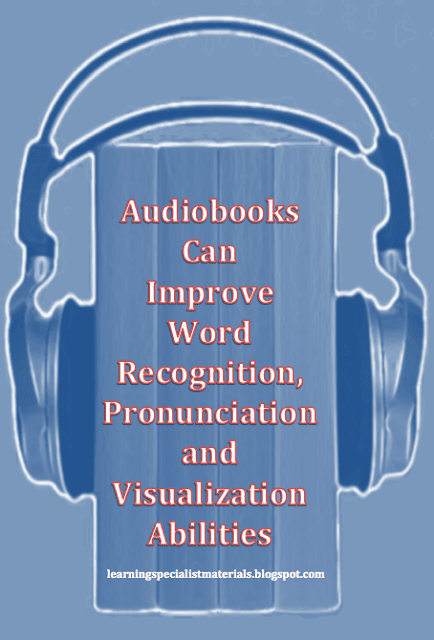This week I wanted to tell you about my online store, Good Sensory Learning. I’m Dr. Erica Warren, and I established this site so I could share all the materials that I have created over the last 20+ years as a learning specialist and educational therapist. When I first began my private practice, Learning to Learn, I had great difficulty finding fun and multisensory materials for my students that were effective and engaging. So back in 2005, I made it my mission to design and distribute high-end, remedial products as well as memorable, motivating lessons that bring delight to learning. If you would like to try a free sampling of my activities , CLICK HERE . How Are the Products Organized at Good Sensory Learning? You can download my Free Printable Catalog or you can browse the site using the grey “search all products” bar in the top right of any page with keywords such as dyslexia, working memory, and executive functioning. What’s more, drop down menus in the red banner allow you t...
Did you know that audiobooks or books on tape can improve word recognition, the proper pronunciation of words and also develop visualization abilities? Passive learners may not obtain these perks, but with guided instruction on active and mindful reading, these benefits can be easily attainable.
How Can Students Reap The Benefits of Audiobooks?
For young learners to get the most out of audiobooks, they must learn to be active participants in the reading process. They can take one of two roles.
1) Students should follow along with the text as they listen to the book:
- If students read the text while listening to the book, they can begin to recognize whole words. Instead of decoding or sounding out the words, the audiobook does this for them, and they can just focus on tracking the words across the page.
- An added plus to scanning the text while listening is students will quickly learn the proper pronunciations of sight words and other tricky words such as "chaos," and "deoxyribonucleic acid." In fact, for many students they experience improvements in spelling too as they pair the proper pronunciation with the visual of the word.
Where Can I Get Affordable Options for Audiobooks?
There are a number of sites online that offer audiobooks. If I child has a learning disability, they can qualify to receive audiobooks through their school or learning specialist from sites such as Learning Ally and BookShare. Furthermore, here is a website that offers 224 Places for Free Audio Books. Below you will see a list of just a few of them:
- Project Gutenberg: http://www.gutenberg.org/
- Audible: http://www.audible.com/
- Open Culture: http://www.openculture.com/freeaudiobooks
- Free Classic Audiobooks: http://freeclassicaudiobooks.com/
- Books Should be Free: http://www.booksshouldbefree.com/
- LibriVox: https://librivox.org/
By helping young learners to actively use audiobooks, they can improve their reading abilities and find more joy in the process.
Dr. Erica Warren is the author, illustrator, and publisher of multisensory educational materials at Good Sensory Learning and Dyslexia Materials. She is also the director of Learning to Learn and Learning Specialist Courses.
· Blog: https://learningspecialistmaterials.blogspot.com/
· YouTube Channel: https://www.youtube.com/user/warrenerica1
· Podcast: https://godyslexia.com/
· Store: http://www.Goodsensorylearning.com/ & www.dyslexiamaterials.com
· Courses: http://www.learningspecialistcourses.com/
· Newsletter Sign-up: https://app.convertkit.com/landing_pages/69400


Comments
Post a Comment